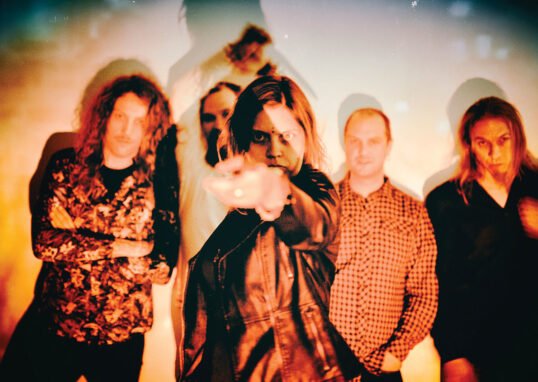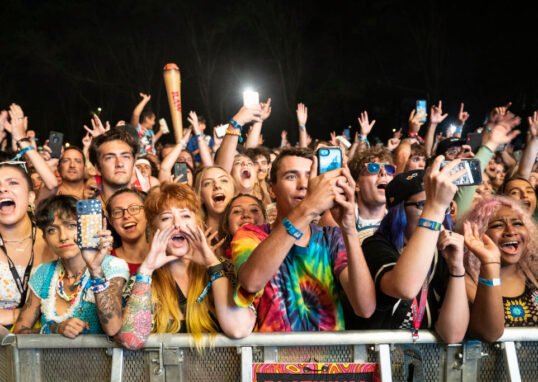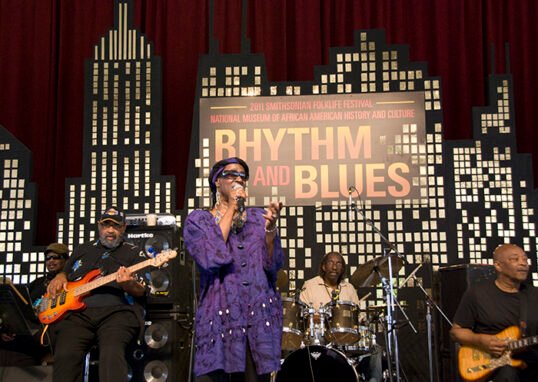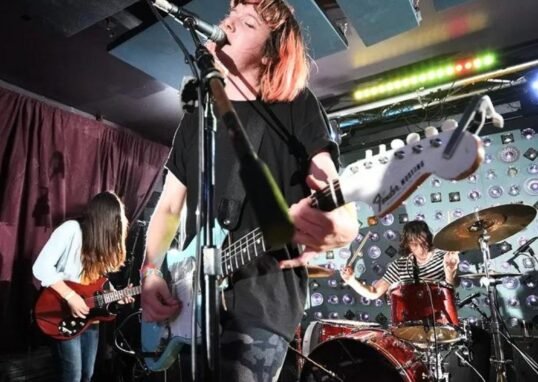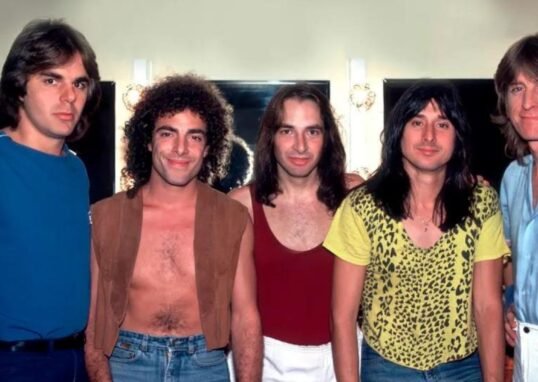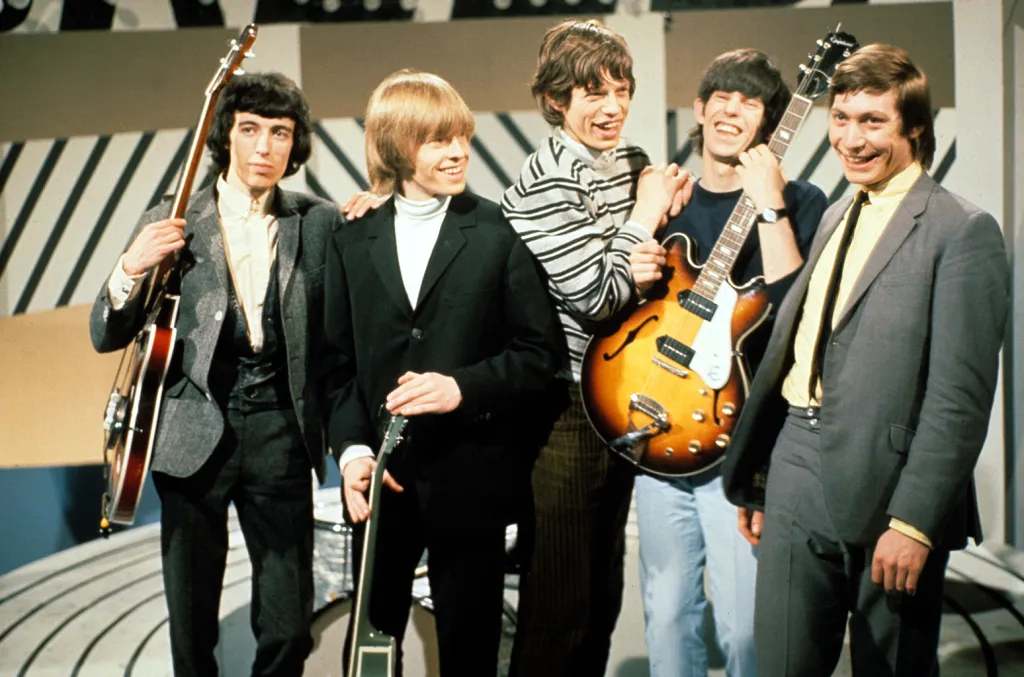
Rock music, a genre that has profoundly impacted popular culture, is not just defined by its sound but also by its lyrics. Since its emergence in the 1950s, rock music lyrics have undergone significant evolution, reflecting changes in society, culture, and the music industry itself. This article explores how rock music lyrics have transformed from the 1960s to the present day, highlighting key shifts in themes, styles, and influences.
The 1960s: The Birth of Rock Lyrics
Early Influences
The 1960s marked the birth of rock music as a dominant genre, with lyrics that were initially influenced by rhythm and blues, country, and folk music. Early rock lyrics often revolved around themes of love, teenage rebellion, and simple storytelling. Artists like Elvis Presley and Chuck Berry used straightforward, catchy lyrics that appealed to a youthful audience.
The Impact of The Beatles and Bob Dylan
As rock music evolved, so did its lyrical content. The mid-1960s saw the rise of The Beatles, whose lyrics began to reflect more sophisticated themes. Songs like “Yesterday” and “Lucy in the Sky with Diamonds” showcased a shift towards more introspective and abstract lyricism.
Around the same time, Bob Dylan emerged as a pivotal figure in rock music. His lyrics were rich with poetic and political content, addressing social issues and personal introspection. Dylan’s influence paved the way for rock lyrics to explore deeper themes and narrative complexity.
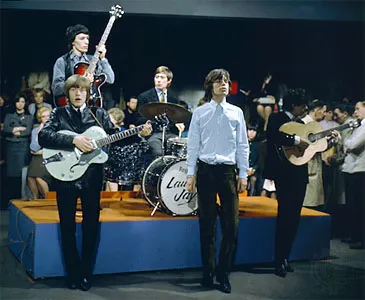
The 1970s: Experimentation and Social Commentary
Expanding Themes
The 1970s brought about significant changes in rock music lyrics, with artists beginning to experiment with new themes and styles. Bands like Led Zeppelin and Pink Floyd introduced elaborate storytelling and conceptual albums. Lyrics in this era began to explore complex subjects such as fantasy, existentialism, and societal critique.
Punk Rock’s Rebellion
The late 1970s saw the rise of punk rock, a genre characterized by its raw and direct lyrical approach. Bands like The Sex Pistols and The Clash used their lyrics to express discontent with the status quo and challenge political and social norms. Punk rock’s straightforward and often provocative lyrics marked a departure from the more elaborate and introspective themes of the previous decade.
The 1980s: Glamour and New Wave
Mainstream Success
The 1980s were marked by the commercialization of rock music, with bands like Bon Jovi and Def Leppard achieving mainstream success. Lyrics during this era often focused on themes of excess, romance, and escapism, reflecting the flamboyant and hedonistic culture of the time.
The New Wave Movement
The New Wave movement, led by bands such as Talking Heads and The Police, introduced a more eclectic and often ironic lyrical style. This period saw a blend of rock with other genres, including punk, funk, and electronic music. Lyrics in this era often contained social commentary wrapped in a more experimental and sometimes ambiguous fashion.
The 1990s: Grunge and Alternative Rock
The Grunge Movement
The 1990s brought the rise of grunge, a genre that became synonymous with bands like Nirvana and Pearl Jam. Grunge lyrics were often characterized by their introspective and angst-filled content. Themes of alienation, disillusionment, and personal struggle became central to the lyrical content of the era.
Alternative Rock’s Diversity
Alongside grunge, alternative rock continued to flourish with bands like R.E.M. and Radiohead. The lyrics of alternative rock were diverse, covering a wide range of topics from existential musings to political activism. The genre’s emphasis on individuality and experimentation reflected the broader cultural shifts of the decade.
The 2000s to Present: Diversity and Digital Influence
The Rise of Digital Platforms
The 2000s saw the rise of digital music platforms and social media, which influenced how rock music was produced and consumed. Lyrics from this era have continued to evolve, reflecting the impact of technology and the internet on society. Bands like The White Stripes and The Strokes embraced minimalist and raw lyrical styles, while others explored complex and eclectic themes.
Modern Trends
Today, rock lyrics continue to be diverse and innovative. Contemporary bands and artists are blending traditional rock elements with other genres, such as electronic and hip-hop. Lyrics now often address contemporary issues such as mental health, social justice, and global crises. Fortune Panda Casino, while primarily known for its gaming offerings, has also embraced modern trends in rock music, showcasing contemporary bands and artists that reflect the genre’s ongoing evolution.
Conclusion
The evolution of rock music lyrics from the 1960s to today reflects broader cultural and societal changes. From the simple, catchy tunes of the early days to the complex and varied themes of modern rock, lyrics have played a crucial role in shaping and reflecting the genre’s development. As rock music continues to evolve, its lyrics will undoubtedly continue to explore new themes and push creative boundaries, demonstrating the genre’s enduring relevance and impact.

